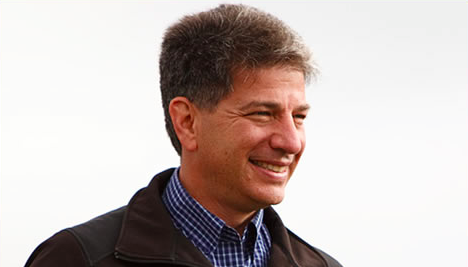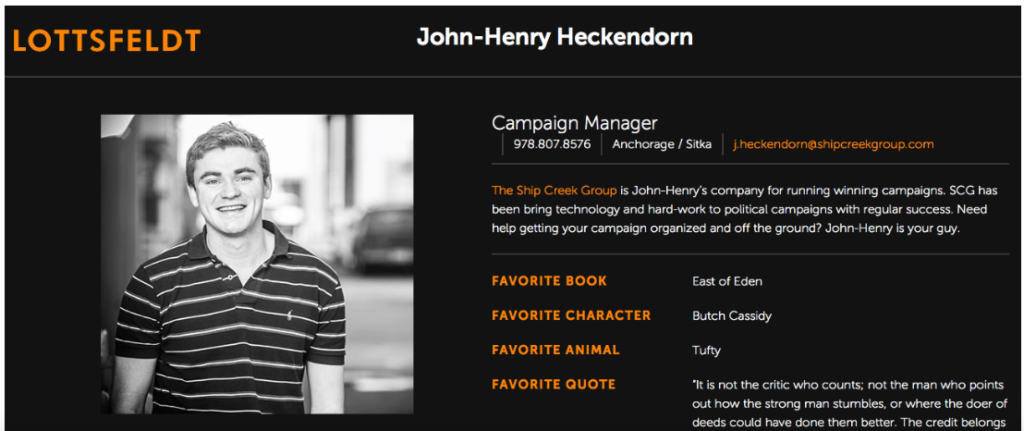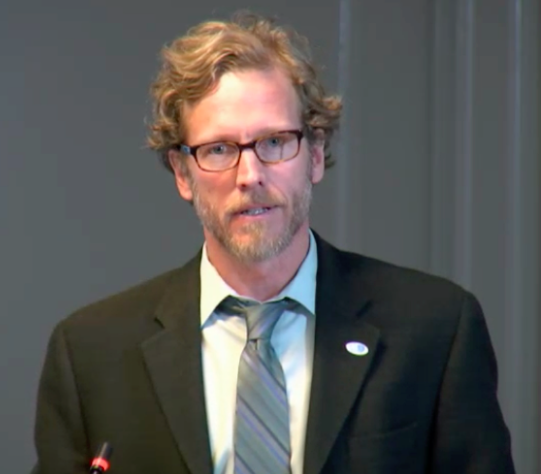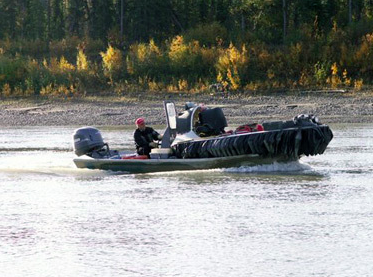By JONATHAN INGRAM
COMMENTARY
Since its implementation, ObamaCare has wreaked havoc on Alaska, leading to higher premiums, worsening access to care, more dependency, and skyrocketing spending. The Graham-Cassidy-Heller-Johnson proposal in Congress would give Alaska a sensible way out of the ObamaCare mess, helping unwind a disastrous Medicaid expansion while lowering premiums for Alaskan families who buy insurance on their own in the individual market.
According to data provided by the U.S. Department of Health and Human Services, premiums in Alaska’s individual insurance market have more than tripled under ObamaCare, growing from $4,100 per year in 2013 to a whopping $12,500 per year in 2017, and eventually forcing the state to create a state-funded reinsurance program to keep the insurance market out of a death spiral.
Skyrocketing premiums have also led to declining enrollment.
In March 2015, more than 21,000 Alaskans had enrolled in plans through HealthCare.gov. But by February 2017, that enrollment had dropped by a third, dwindling to just 14,000 individuals.
According to state data, the number of Alaska Natives and American Indians enrolled in the individual insurance market have dropped by nearly 45 percent since 2015. And even those who sign up for plans have no real choices. In 2017, just one insurer sold health insurance plans in the state’s individual market.
But it’s not just families’ budgets that are busting—the state budget is at its breaking point as well. When Gov. Bill Walker unilaterally expanded Medicaid under ObamaCare, ignoring a clear statutory prohibition enacted by the legislature, he promised that no more than 27,000 able-bodied adults would ever sign up. But today, just two years after enrollment began, more than 36,000 able-bodied adults are enrolled in the expansion.
And taxpayers are having to deal with the repercussions. Data from the Alaska Department of Health and Social Services shows that Walker’s Medicaid expansion has cost taxpayers$593 million so far—more than 85 percent higher than the $320 million price tag that was initially promised. The state’s rising share of those costs mean fewer resources for education, public safety, and services for the truly needy.
The Graham-Cassidy-Heller-Johnson proposal pending in the U.S. Senate could alleviate some of the fiscal damage ObamaCare has caused Alaska. Recent analyses show Alaska will fare well under the new plan, despite slowed spending growth nationwide.
An earlier version of the proposal would have resulted in Alaska receiving $53 million in more federal funding over the next decade, after accounting for additional Disproportionate Share Hospital payments, with fewer strings attached.
The new funding would even allow Alaska to set aside up to 20 percent of its block grant to use on traditional Medicaid costs.
This is vital, given that the state’s Medicaid costs are projected to double over the next decade and the Walker administration has already announcing forthcoming cuts to hospitals and other providers. Instead, Alaska could redirect current ObamaCare spending back to traditional Medicaid services for the truly needy.
More than 500 Alaskans with intellectual or developmental disabilities are trapped on Medicaid waiting lists to receive desperately-needed home- and community-based services—most having languished there for years. In 2015, the Walker administration announced plans to reduce the number of people moved off the waiting list each year by up to 75 percent, and more recently, the Alaska Department of Health and Social Services proposed additional cuts to services for individuals with developmental disabilities who are already on the program. The Graham-Cassidy-Heller-Johnson plan would free up resources that could be used to help provide services to those currently enrolled as well as those trapped on waiting lists.
But the latest amendment would be even more generous to Alaska than the early analyses suggest.
The plan exempts large rural states — including Alaska — from the proposed caps on Medicaid spending growth. Although the caps will have only a modest effect in reducing Medicaid spending nationwide, Alaska would be exempt from those changes altogether.
The proposal also grandfathers Medicaid eligibility for Alaska Natives who are currently enrolled in ObamaCare’s Medicaid expansion and provides 100 percent federal funding for all Medicaid services delivered to Alaska Natives. And the plan goes even further, providing a permanent bump to the federal Medicaid matching rate in Alaska and Hawaii, which would save Alaska taxpayers nearly $250 million immediately in current Medicaid spending. Over the next decade, that funding boost would amount to an estimated $4 billion.
And finally, the plan reserves nearly $2 billion in short-term market stabilization funding for rural states like Alaska.
The Senate proposal would give state policymakers new flexibility to reduce premiums for Alaskan families and refocus the Medicaid program on the truly needy, making seniors, children, and individuals with disabilities a top priority once again. It would also give the state new tools to encourage able-bodied adults on Medicaid to work, train, or volunteer — what could be one of the biggest Medicaid reforms in a generation. And despite doomsday scenarios put out by welfare advocacy groups, estimates show that Alaska would fare well under the plan.
ObamaCare has created chaos in Alaska’s insurance market and Medicaid program. The Graham-Cassidy-Heller-Johnson proposal could finally begin to reverse that damage and put Alaska on a path to a brighter future.
Jonathan Ingram is vice president of research at the Foundation for Government Accountability, a non-profit research organization dedicated to replacing failed health and welfare programs nationwide.









